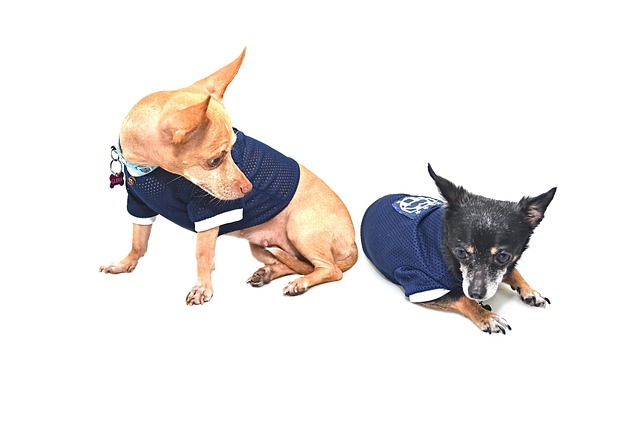
How can I tell if my dog's heatstroke is serious
Let’s be real: It’s a sticky August morning in Los Angeles, and you took your 2-year-old Golden Retriever, Max, for a walk a little later than usual
Bringing home a new dog is exciting, but many first-time owners soon wonder: Is my pup comfortable around the world? You might notice them freeze when a stranger knocks, or pull hard on the leash when they see another dog. These little moments hold clues to their socialization—and figuring them out can make daily life smoother for both of you.
Socialization, at its core, is a dog’s ability to stay calm in new situations. It’s not about being “friendly” to everyone—that’s unrealistic. Instead, it’s about handling people, other animals, and noises without feeling threatened. Behavior experts say this skill builds over time, starting young, but even adult dogs show clear signs of how well they’ve learned to navigate the world.
Watch how your dog acts around other animals. At the park, a socialized dog might approach another pup slowly, tail loose, not jumping or barking nonstop. They’ll back off if the other dog signals “no” (like turning away) instead of pushing harder. If yours lunges, hides, or growls nonstop when near other dogs, that’s a sign they need more practice. And remember: most public spaces require up-to-date vaccines, so keep those records handy—staying legal helps keep everyone safe.

People are another big test. Notice reactions to kids, seniors, or someone in a hat (strange outfits can throw dogs off). A socialized dog might sniff a new person’s hand gently or just walk by, unbothered. They won’t cower, snap, or jump up aggressively. If yours does, it’s not a failure—positive training (no scolding or hitting, please; that only scares them more) can help. Patience beats punishment, every time.
Pay attention to everyday noises, too. A vacuum, a car backfiring, or a door slamming—how does your dog react? Socialized dogs might look up, then go back to napping or chewing a toy. Those still learning might shake, hide, or bark for minutes. In apartments, this matters—calmer reactions mean better neighbors. And always, always clean up after your dog on walks. It’s not just polite; it’s the law in most places.
Socialization isn’t perfect, and that’s okay. Even well-adjusted dogs have off days. The key is consistency: short, positive exposures to new things (a quiet café patio, a friend with a gentle cat) help build confidence. Start small, reward calm behavior with treats or praise, and let your dog set the pace.
Figuring out if your dog is socialized isn’t about checking a box. It’s about understanding their needs so you can help them thrive. With time, observation, and kindness, you’ll both get better at reading the world—together.

Let’s be real: It’s a sticky August morning in Los Angeles, and you took your 2-year-old Golden Retriever, Max, for a walk a little later than usual

You're enjoying a summer afternoon at the park when you notice your dog has stopped panting and appears disoriented - their gums are bright red

Let’s paint the picture: You’re in your Denver apartment, watching your 4-year-old Boston Terrier, Ruby, plop down mid-play session with her favorite toy

Many dog owners notice their pets nails seem shorter after regular walks,but how much does this daily activity actually help?The answer depends on where you walk—concrete sidewalks or asphalt streets gently file nails as a dog's paws hit the ground

Most dog owners notice their pup scooting across the carpet at some point, but few connect it to impacted anal glands. These small sacs near a dog’s rectum secrete a scent for marking territory

Most vets agree that regular dog teeth cleaning is key to avoiding painful dental issues later. For healthy adult dogs, a professional cleaning at the vet’s office every 12 to 18 months usually works well.